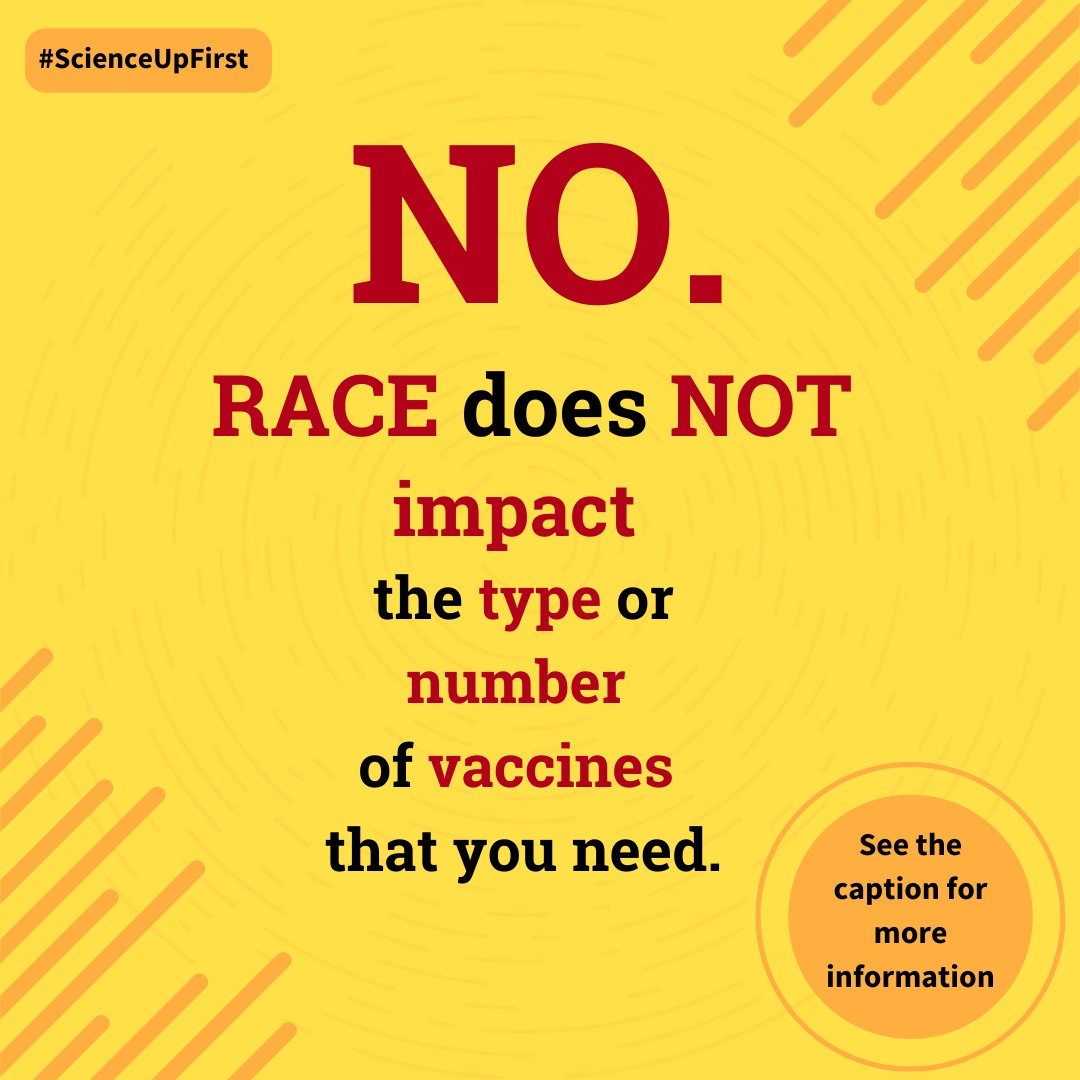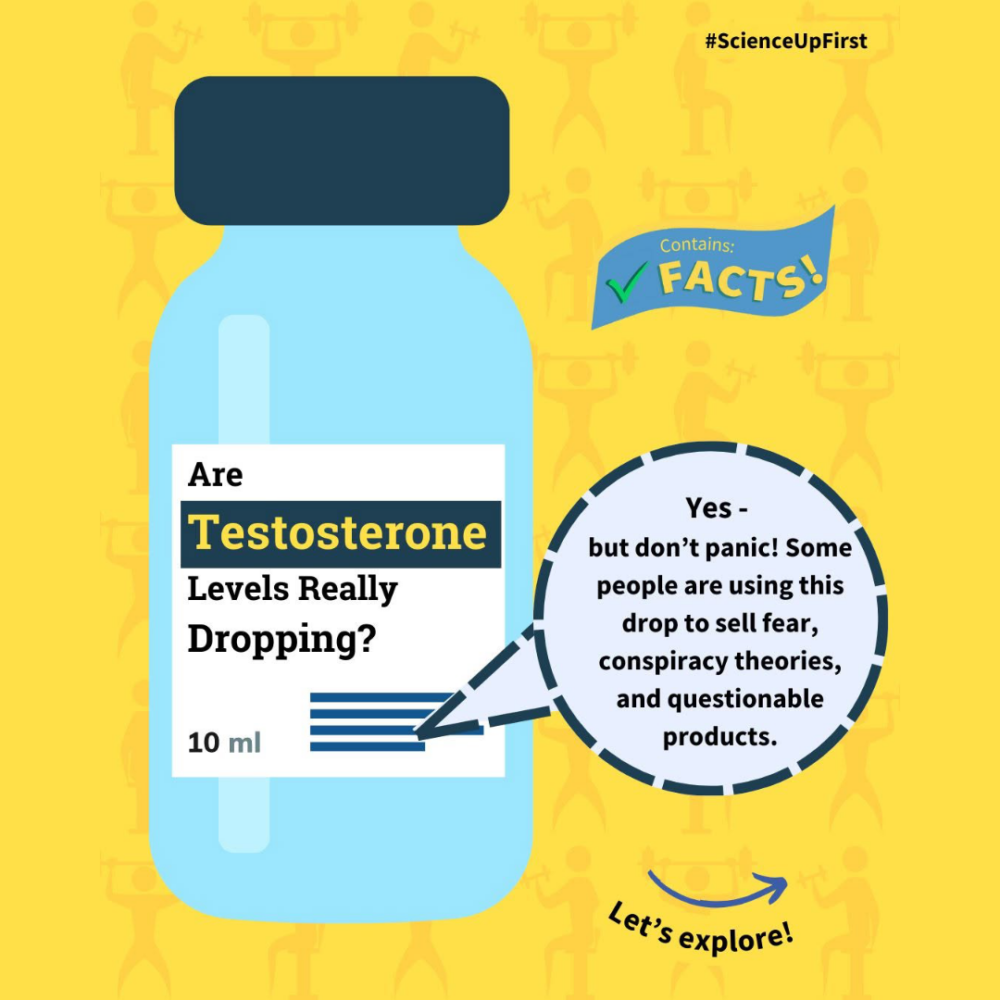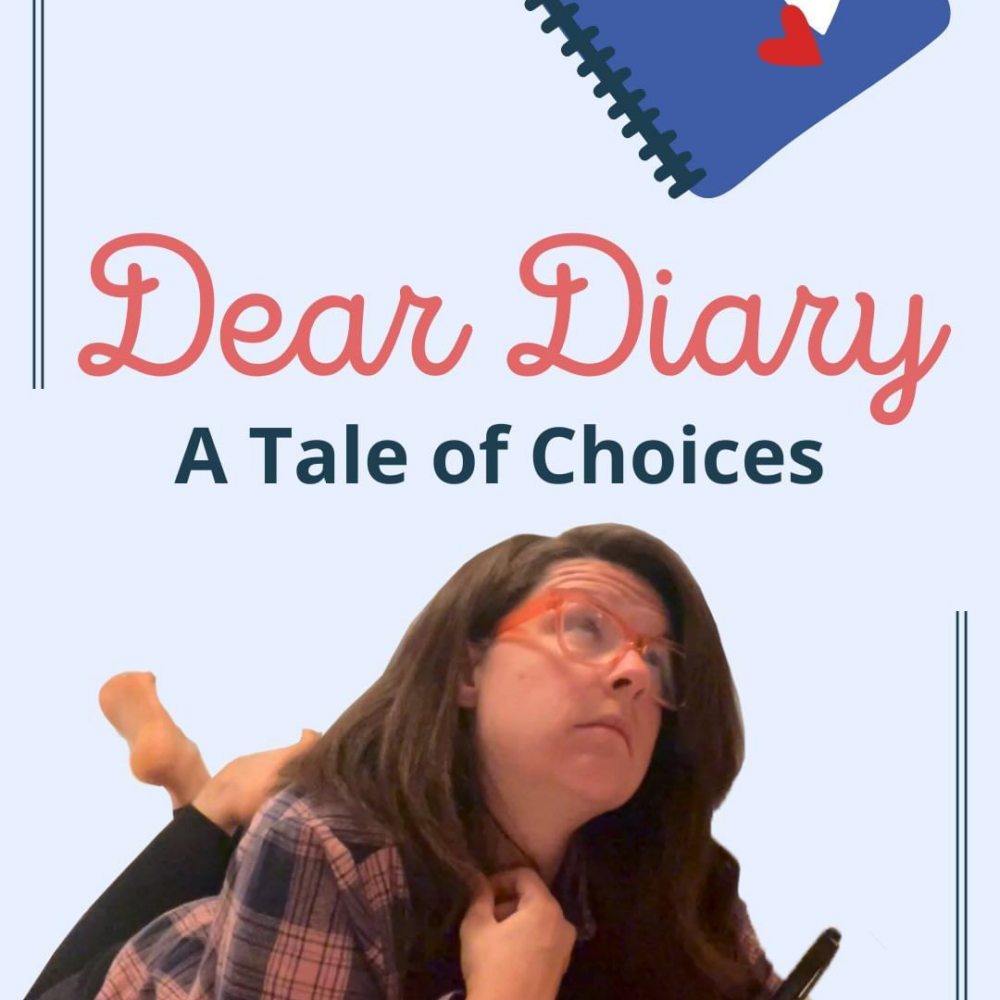
On January 30, during his nomination hearing, Robert F. Kennedy Jr. was asked about a claim he made in 2021. The claim was that “We should not be giving Black people the same vaccine schedule that’s given to whites, because their immune system is better than ours” (1,2). But is this true?
Not according to the very same study he was referencing. A 2014 study on immune responses to the rubella vaccine based on race, sex, and genetics found that, on average, individuals of African descent had higher neutralizing antibody levels after rubella vaccination compared to individuals of European descent or Hispanic ethnicity (3). But what does this actually mean? 👇
First, this is a hypothesis-generating study, which explores patterns and relationships to guide future research – it doesn’t establish cause-and-effect. Larger confirmatory studies are needed to rigorously test these hypotheses before drawing conclusions. Treating findings from hypothesis-generating studies as definitive is misleading (2,4,5).
Secondly, the study never looked into whether the difference resulted in better protection against infection or if the higher antibody levels were even due to vaccination. The study also never suggested changing current vaccine recommendations according to race (2,3).
All this paper does is further highlight the natural variability in immune responses, which have been observed with other vaccines – at times being stronger in one population and at other times in another (3,6-11).
Beyond being misleading, claims like this are harmful. Equity-deserving communities already face barriers to healthcare, and remain under-vaccinated (12-16). Large-scale studies have repeatedly shown the benefits of routine vaccination (17-24), yet misinformation like this risks widening existing health disparities.
- Nomination of Robert F. Kennedy, Jr. to serve as Secretary of Health and Human Services (Time: 2h43) | U.S. Senate Committee on Health, Education, Labor & Pensions | January 30th, 2025
- RFK Jr. Video Pushes Known Vaccine Misrepresentations | FactCheck.org | March 2021
- Associations between race, sex and immune response variations to rubella vaccination in two independent cohorts | Vaccine | February 2014
- Hypothesis-generating and confirmatory studies, Bonferroni correction, and pre-specification of trial endpoints | Acta Orthopaedica | May 2019
- Guidance on Hypothesis-Generating Research | The Danish National Center for Ethics | March 2024
- Race and sex-based differences in cytokine immune responses to smallpox vaccine in healthy individuals | Human Immunology | October 2013
- Associations Between Demographic Variables and Multiple Measles-Specific Innate and Cell-Mediated Immune Responses After Measles Vaccination | Viral Immunology | February 2012
- Measles antibody seroprevalence rates among immunized Inuit, Innu and Caucasian subjects | Vaccine | March 1999
- Impaired Antibody Response to Haemophilus influenzae Type b Polysaccharide and Low IgG2 and IgG4 Concentrations in Apache Children | The New England Journal of Medicine | November 1990
- Immunogenicity of Haemophilus influenzae Type b Tetanus Toxoid Conjugate Vaccine in Young Infants | The Journal of Infectious Diseases | July 1994
- Effect of gender, race, and parental education on immunogenicity and reported reactogenicity of acellular and whole-cell pertussis vaccines | Pediatrics | September 1995
- Racial and Ethnic Disparities in Adult Vaccination: A Review of the State of Evidence | Health Equity | January 2022
- Can Routine Offering of Influenza Vaccination in Office-Based Settings Reduce Racial and Ethnic Disparities in Adult Influenza Vaccination? | Journal of General Internal Medicine | August 2014
- Effective interventions to increase routine childhood immunization coverage in low socioeconomic status communities in developed countries: A systematic review and critical appraisal of peer-reviewed literature | Vaccine | May 2021
- A Systematic Review of Behaviour Change Techniques within Interventions to Increase Vaccine Uptake among Ethnic Minority Populations | Vaccines | July 2023
- Ethnic and minority group differences in engagement with COVID-19 vaccination programmes – at Pandemic Pace; when vaccine confidence in mass rollout meets local vaccine hesitancy | Israel Journal of Health Policy Research | May 2021
- Health and Economic Benefits of Routine Childhood Immunizations in the Era of the Vaccines for Children Program — United States, 1994–2023 | MMWR | CDC.gov | August 2024
- Routine childhood immunisation during the COVID-19 pandemic in Africa: a benefit–risk analysis of health benefits versus excess risk of SARS-CoV-2 infection | The Lancet Global Health | October 2020
- Vaccine impact: Benefits for human health | Vaccine | December 2016
- Simply put: Vaccination saves lives | PNAS | April 2017
- Population-wide benefits of routine vaccination of children against influenza | Vaccine | January 2005
- Why vaccines matter: understanding the broader health, economic, and child development benefits of routine vaccination | Human Vaccines & Immunotherapeutics | January 2020
- Clinical benefits of routine varicella vaccination for adults | Human Vaccines & Immunotherapeutics | June 2015
- Public Health Benefits of Routine Human Papillomavirus Vaccination for Adults in the Netherlands: A Mathematical Modeling Study | The Journal of Infectious Diseases | June 2016
- Senator calls RFK Jr.’s position on race and vaccines dangerous | NPR | January 2025
Share our original Tweet!
RFK Jr. claims Black people need different vaccines because their immune systems are better. But the study he cites says nothing of the sort. Misinformation like this deepens barriers for equity-deserving communities.
— ScienceUpFirst | LaScienced'Abord (@ScienceUpFirst) February 4, 2025
Read more here 👉 https://t.co/VOWx8KbAp5#ScienceUpFirst pic.twitter.com/sfkZeOSsWX
View our original Instagram Post!



